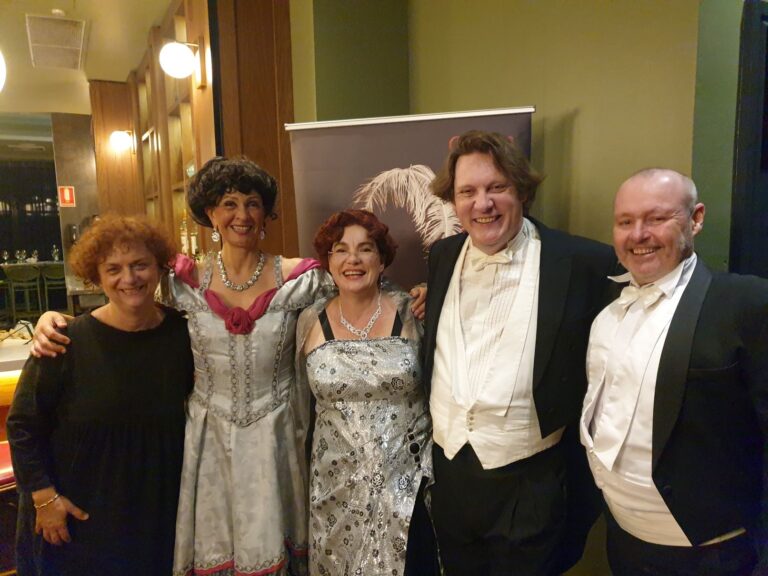
Occupy Sydney celebrates one-year anniversary
Celebrations were held over the weekend to commemorate the one-year anniversary of Occupy Sydney, forming part of the continuous international protest movement against social and economic inequality.
Festivities began on Saturday morning with a march from Customs House to Martin Place. Speeches, musical acts and ‘free school’ sessions drew a fluctuating crowd of approximately 100 people.
Occupy Sydney’s birthplace at Martin Place once again became a hub of activists, with hand-painted signs and flags denoting the perimetre of the assemblage. A number of photographs documenting the past year of the occupation were exhibited near a stall offering Aboriginal passports.
In the past year, ongoing peaceful protests have taken place all over the world in recognition of the need to improve economic structure and power relations in western society. After last year’s broadly welcomed launch of the movement, the protests have continued into 2012, including the arrest of seven people in February in an eviction attempt by police in Martin Place.
The crowd numbers were small compared to those of last year’s Occupy events, one of which attracted over 2,500 protestors. There was a sentiment of resilience at the anniversary gathering despite the decrease in attendance, with one homemade banner reading: “Took a bath, got a job, still pissed.”
Protestor Matt Kiem said he was happy with the turnout considering the lack of media attention and different circumstances to last year.
“We don’t have the big rallies going on in Wall Street,” he said. “But to get the numbers that we have here, I’m really happy.”
A small handful of people continue to reside in Martin Place in an ongoing display of commitment. “[Occupy] is more relevant now than it was a year ago,” said Lanz, a full-time occupant who requested his surname be withheld for political reasons.
After a year of shrinking numbers, the long-term validity of the movement has been called into question. Occupy supporter Alex Parissi said the movement initially created a community of activists and involved people in politics.
“These are the people that you have to start with to achieve a mass movement,” he said.
However, Mr Parissi said he was disillusioned about the continued influence Occupy can have on Australian
politics.
“I don’t see [Occupy] as having the capacity to impact or change the political discourse in the way that it did at the start,” he said. “And [that] was with the weight and pressure of the global movement behind it.”
“Occupy Sydney has shrunk considerably. The capacity to mobilise and get people together behind something – whether it’s housing affordability or refugees – is so much less than it was,” he said.
“It’s the inevitable result of it not being the right time or context in Australia for a mass movement of Australian people.”
By Mariana Podesta-Diverio









